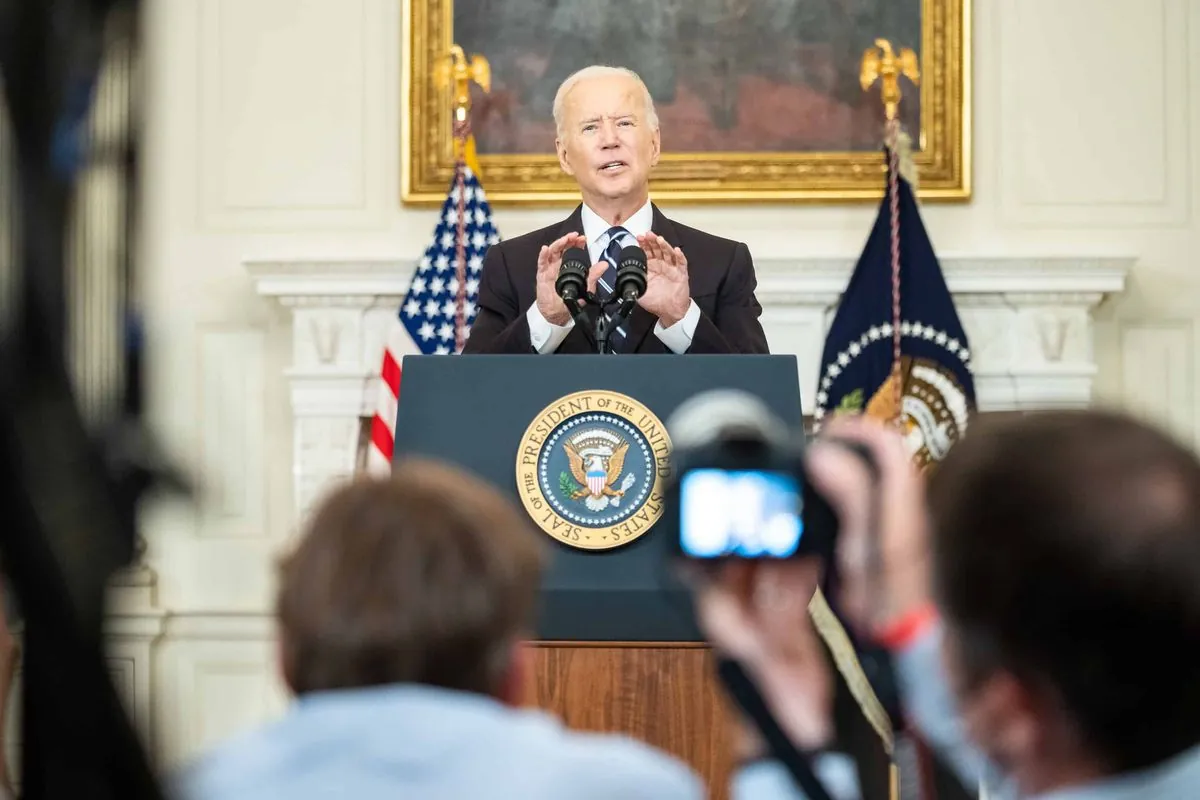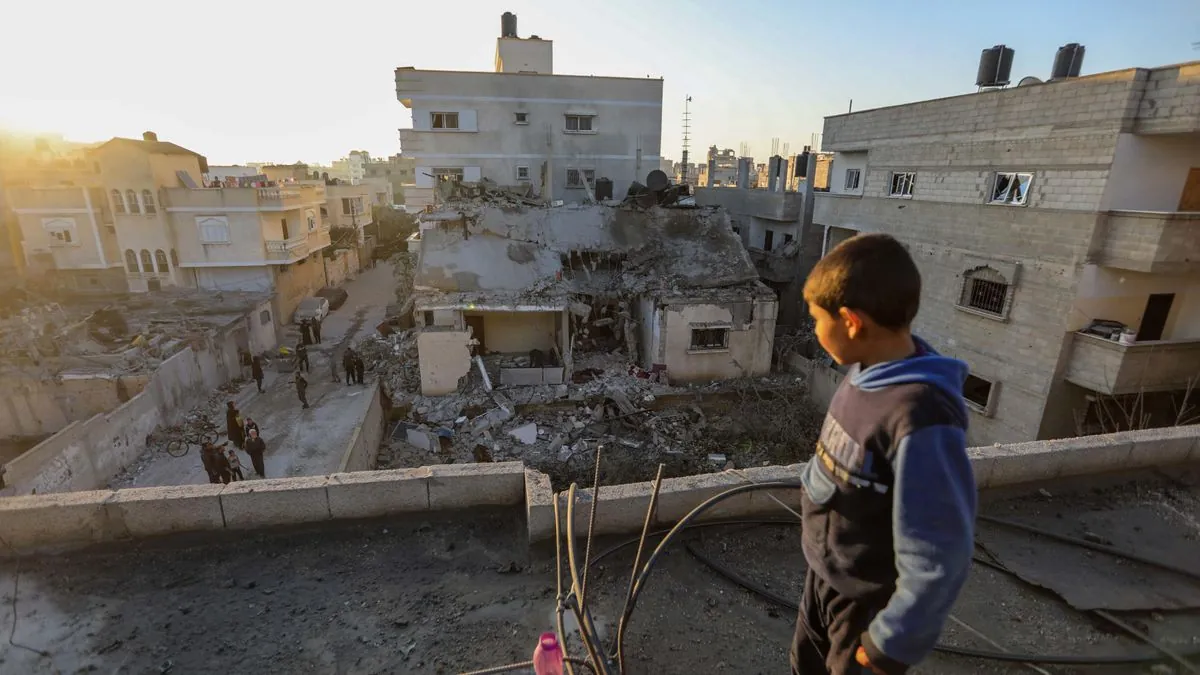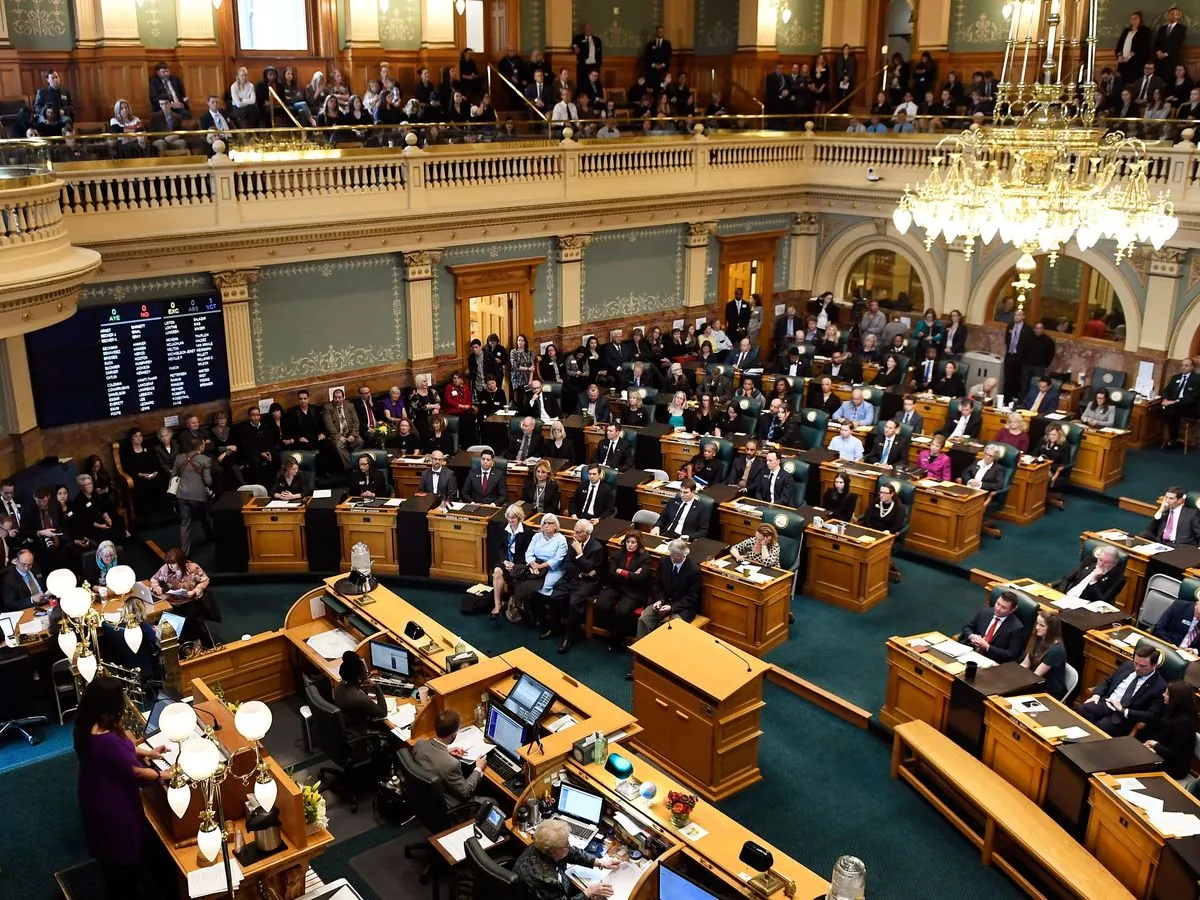Biden Optimistic on Averting Middle East War Amid Rising Tensions
President Biden expresses confidence in avoiding all-out war in the Middle East, despite escalating tensions between Israel and Iran. US reaffirms support for Israel amid ongoing regional conflicts.

In a recent statement, President Joe Biden expressed optimism about averting an all-out war in the Middle East, despite escalating tensions in the region. The President's remarks come amid growing concerns over Israel's military actions in Gaza and Lebanon, as well as increasing friction between Israel and Iran.
Biden stated, "I don't believe there is going to be an all-out war. I think we can avoid it." However, he acknowledged that significant efforts are still required to maintain peace in the region. The President's comments reflect the delicate balance the United States is trying to maintain in its support for Israel while working to prevent further escalation of conflicts.
The current situation in the Middle East is rooted in a complex history of regional tensions. The Israeli-Palestinian conflict, which dates back to the mid-20th century, has been a persistent source of instability. Recent events have exacerbated these long-standing issues, with the Gaza Strip, one of the most densely populated areas in the world, bearing the brunt of the latest hostilities.

The latest round of violence was triggered by a Hamas attack on Israel on October 7, 2023, resulting in significant casualties and hostage-taking. Israel's subsequent military response in Gaza has led to a humanitarian crisis, with tens of thousands of Palestinian casualties reported by the Gaza health ministry. The conflict has also displaced nearly the entire population of Gaza and caused a severe hunger crisis.
The United States has consistently been Israel's strongest ally, providing billions in military aid annually. Biden reaffirmed this commitment, stating, "We have already helped Israel. We are going to protect Israel." This support comes as Israel faces multiple regional challenges, including tensions with Iran and ongoing conflicts with militant groups in neighboring countries.
"We are committed to defending our citizens and will take all necessary measures to ensure their safety."
The situation in the region is further complicated by the involvement of various actors. Iran, which has been supporting Hamas and Hezbollah as part of its regional strategy, recently launched a ballistic missile attack against Israel in response to Israeli military actions in Lebanon. This escalation has raised concerns about the potential for a wider regional conflict.
The international community has been closely monitoring the situation, with the United Nations repeatedly calling for a ceasefire in Gaza. The ongoing conflict has also led to genocide allegations against Israel, which are currently being examined by the International Court of Justice. Israel has denied these allegations.
As tensions continue to simmer, efforts to find a peaceful resolution remain crucial. The Two-State Solution, which has been the primary framework for peace negotiations, faces significant challenges. The Israeli settlement policy in the West Bank, considered illegal under international law, further complicates the path to peace.
The humanitarian situation in Gaza remains dire, with the healthcare system severely strained by repeated conflicts and the ongoing blockade. The Palestinian refugee crisis, one of the longest-running in modern history, continues to be a pressing issue that requires international attention and resolution.
As the world watches the developments in the Middle East, President Biden's cautious optimism provides a glimmer of hope. However, the path to lasting peace in the region remains fraught with challenges, requiring sustained diplomatic efforts and a commitment to addressing the root causes of the conflicts.


































